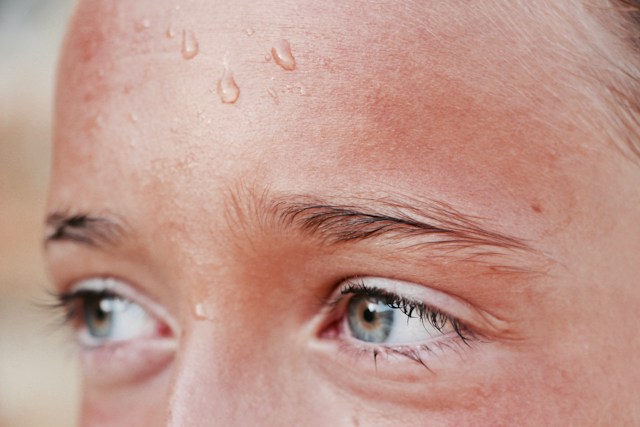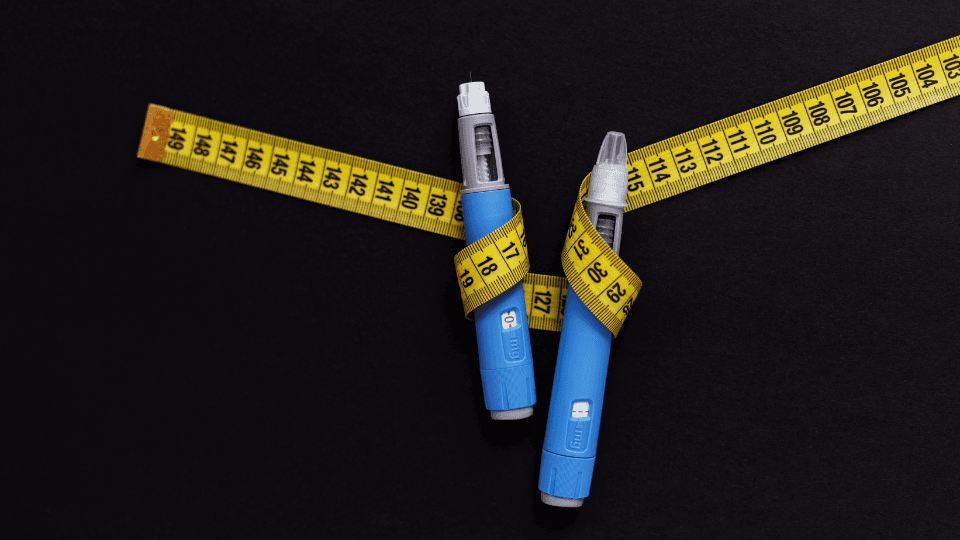Back
Jan 18, 2024
The science of sweat

Gabriella Florence | Sports Scientist
Everyone sweats. Some more than others, but no one is exempt. While you may find sweating gross, did you know it plays an essential role in keeping you healthy and cool? Keep reading to find out more.
What is sweat?
Sweat is a bodily fluid excreted through the pores of your skin. It is made up mostly of water, but also contains electrolytes and other trace minerals. The sodium chloride in your sweat gives it a salty taste (if you’ve experienced a super sweaty exercise session, you’ll know what we’re referring to).
What causes sweating?
Sweat glands located all over your body produce sweat in response to a rising body temperature. Sweating can be caused by a variety of factors, including exercise, warm weather, stress, fever, and certain medications.
Why do some people sweat more than others?
This is partly explained by genetics. Some of us are born with a higher concentration of sweat glands and a lower threshold for sweating. Also, a higher sweat rate and earlier onset of sweating are actually signs of improved fitness. Muscle tissue produces more heat than fat tissue, and because fitter individuals often have more muscle mass doing more work, they’re likely to sweat more. So, be proud of your little sweat puddle; it’s the sign of an athlete!
How does sweating work?
We’ve all felt the chilling effect of a breeze on wet skin. The release of sweat on your skin’s surface is the fuel for your body’s natural cooling system. As the sweat evaporates, it takes heat with it, lowering your body temperature through a process known as ‘evaporative cooling’.
Fun fact: humans are just about the sweating champions of the animal kingdom. Only horses can challenge our sweat-making capacity. This talent makes us pretty good at dealing with heat stress and may have given our ancestors the edge when hunting fleet-footed prey on the African plains.
Besides cooling down, is there another reason why we sweat?
Yes. There is some evidence discussing the role of sweat in skin health, particularly as a natural moisturiser and skin hydrator. While some promote sweat as a way to detox and eliminate toxins, like alcohol, there is unfortunately not much current evidence to support this.
Why does sweat smell?
Believe it or not: sweat doesn’t actually have a smell. Instead, the bad smell associated with sweat is from bacteria coming into contact with the sweat that’s already there. Fortunately, a brief shower with soap followed by a deodorant application will wash the smell away.
Sweating is your body’s natural cooling solution and plays a crucial role in body temperature regulation, and perhaps in skin health too. So the next time you’re sweating, remember it’s a good thing!












